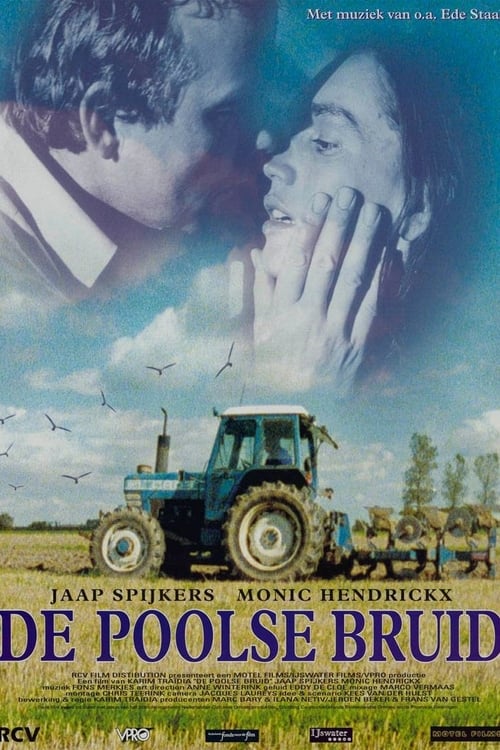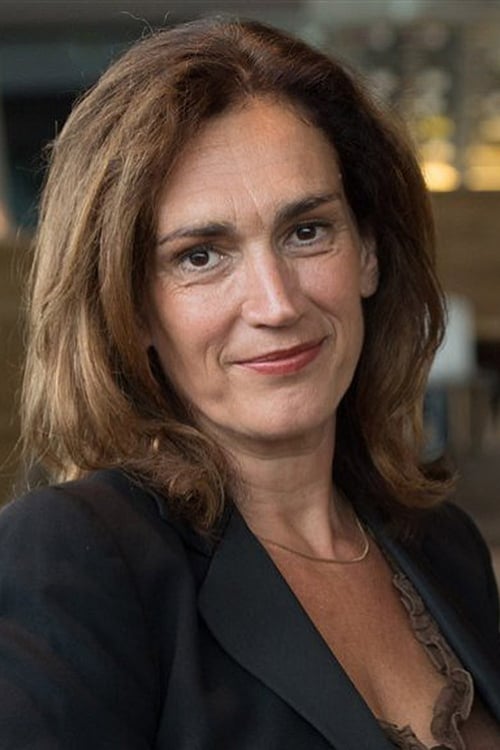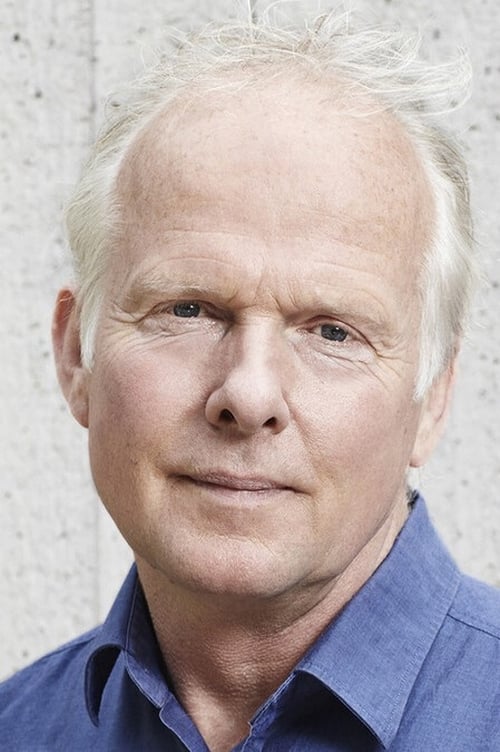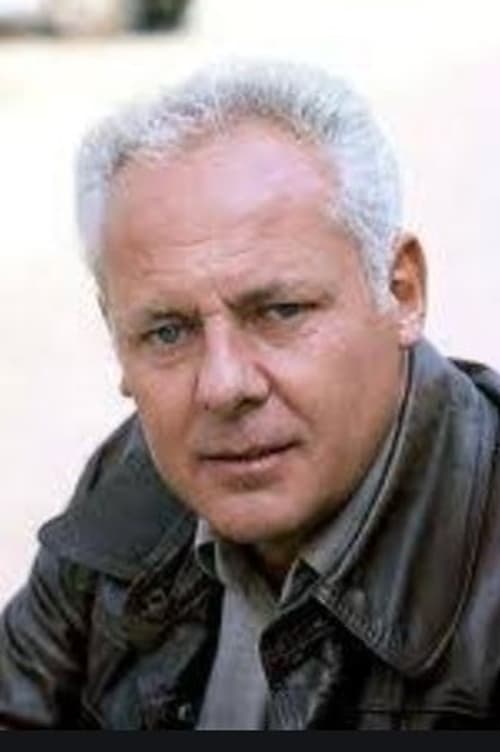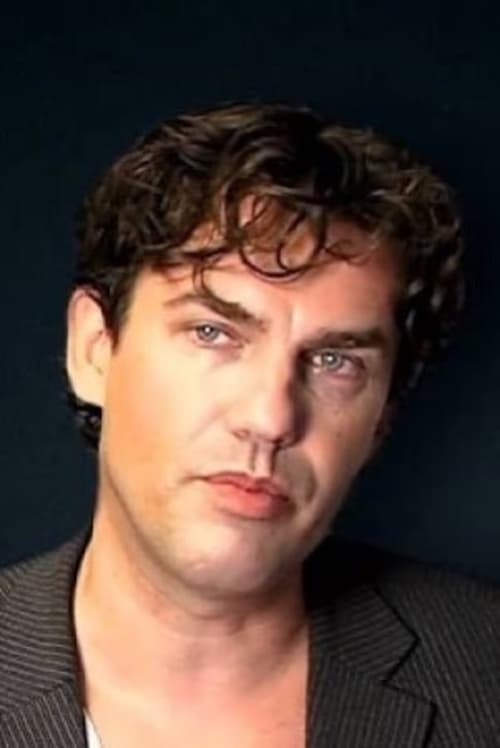The Polish Bride (1998)
Gênero : Drama, Romance
Runtime : 1H 29M
Director : Karim Traïdia
Sinopse
Drama on the dawning love between a Polish woman and a farmer. Anna is forced to work in a brothel, but manages to escape. She's found, exhausted and scared, by Henk (the farmer) who offers her a place to stay, but her past chases her.
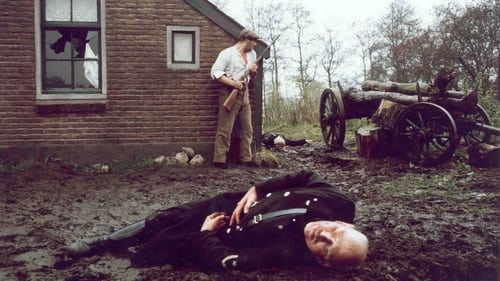
In 1928 in the northern part of the Netherlands, a man has an affair with the wife of one of his friends (who is in jail at the time). Because she abandons her children to move in with him, the police are sent to arrest her. This leads to a dramatic confrontation.

One of the few Brakhage films featuring spoken dialogue and a central character, this sly and bitter polemic pits an actor (poet? director?) against an unseen audience.

Oliver B. Bumble finds an egg that, it turns out, has a cute little dragon in it. However, this dragon grows huge each time it gets excited or upset. As this causes a lot of problems, Bumble has to face a difficult dilemma.
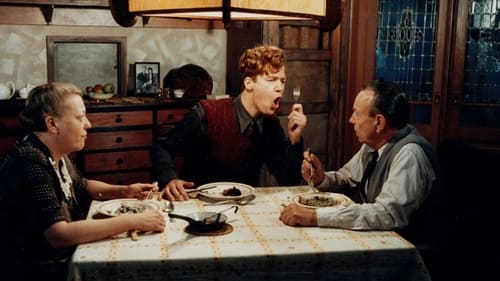
Frits Egters can't quite get a hold of himself. An intelligent and sensitive young man, repulsion and desillusion turned him cynical. According to Frits there should be more to life - he just doesn't know where to find it.

Pollet provides an insight into life on the leper colony of Spinalonga, an island off Crete, through the eyes of Raimondakis, who tells the story of his life to the camera after having been excluded from his community to spend years of his life on the island with his fellow sufferers. Themes addressed include love, community, companionship and death and the importance of these values to all people whatever their state of health.

A surrealistic montage set in motion by a tidal wave and incorporating a samurai battle.

All images were filmed on Market Street, one of the main streets in San Francisco. The visual was carefully composed frame by frame, while shooting on the street. This project was commissioned by Exploratorium and San Francisco Arts Commission for the outdoor screening event, A Trip Down Market Street 1905/2005: An Outdoor Centennial Celebration.

This picture shows an old gentleman seated at his shaving table. The razor is evidently giving him a great deal of trouble...

M. Rasta, a high society con man, is accused of a crime he didn't commit.

Word & number gag, no camera.

A seven-year-old boy is sent to a farm on a remote island, when his mother goes abroad. On the island the boy gets to know a twenty-year-old woman who seems willing to take on a mother's role. But the boy is reaching an age of sexual awareness and instead of regarding her as a mother figure; he falls obsessively in love with her.

The gang goes to a circus sideshow to visit Dickie and Spanky's uncle, mistakenly believing he is "The Wild Man from Borneo."

This Oscar-nominated documentary short tracks the shift in the relationship of an individual to his work between the 19th century and today. Focusing on how nails are made, we first see a blacksmith laboring at his forge, shaping nails from single strands of steel rods. The scene then shifts from this peaceful setting to the roar of a 20th century nail mill, where banks of machines draw, cut, and pound the steel rods faster than the eye can follow.

Familiar objects are transformed into a candy-coated vision of war in this seminal stop-motion short by PES.
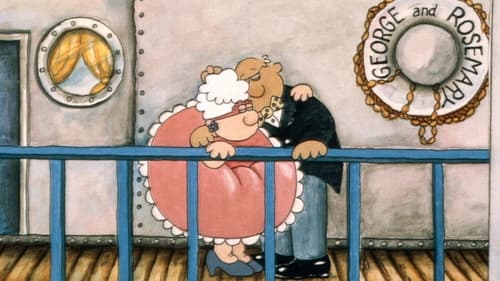
A shy old man works up the gumption to meet a woman on whom he has a crush.
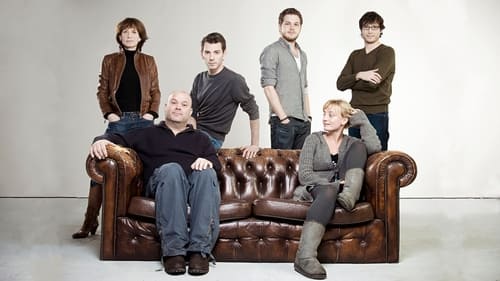
When Molly, the 21 year-old sister of Maarten, departs the family home, she leaves her older brother with empty nest syndrome. But it also opens up new opportunities for him, such as the possibility to explore his love for Arthur, a closet gay. Molly and Maarten wrestle with their personal relationships and also their relationship with one another, but fate nevertheless seems determined to strike them both down.

Sergey Dvortsevoy makes his international debut with this astonishingly intimate portrait of a nomadic family on the Kazakh plains. Several scenes in this slow, elegant film betray a certain dry humor -- a child devouring the last of a bowl of yogurt and then crying; a cow getting its head stuck in a pail; and a woman singing to herself, accompanied by her snoring husband. Other scenes capture the nomads' hardscrabble lives -- drunken herdsmen in the grips of existential despair, growling dogs, and a camel enduring a rather grim septum piercing. By the end of the film, the family pulls up stakes and herds its sundry four-legged beasts -- camels, cattle, goats, dogs, and horses -- to a more fertile plain. This film was screened at the 1999 Yamagata International Documentary Film Festival.

“Papá, os meninos maus da escola roubaram-me a lancheira que tinha o almoço que tu fizeste com tanto amor e carinho.”

The scene opens on a theatrical stage. The magician enters from the wings, and making a bow to the audience, removes his coat and hat and they disappear mysteriously in the air. He then takes a white handkerchief from his pocket, holds it over his knees, and his long trousers disappear, and behold! he is clad in knickerbockers. He next makes a pass with a magic wand and a table suddenly appears before the audience, on which is a large pile of tissue paper. The magician takes up the paper and shakes it a few times and three live geese fly out upon the floor. This is a highly pleasing and mystifying subject.

A montage of some home movies taken by Archie Stewart (1902-1998), an early enthusiast in taken 16 mm sound films of his family. We see his daughters, Mary and Anne, playing in the aftermath of a January, 1936, snowstorm. Next, indoors, the girls bring in a birthday cake and sing to Archie. He has Anne read to him from a children's book, and a year later, has her read aloud to show her progress. Anne and Mary dress up Pat the family dog in a dress and scarf and hold a tea party, chattering away. Archie's high-pitched voice provides narration on and off camera.
